Work packages
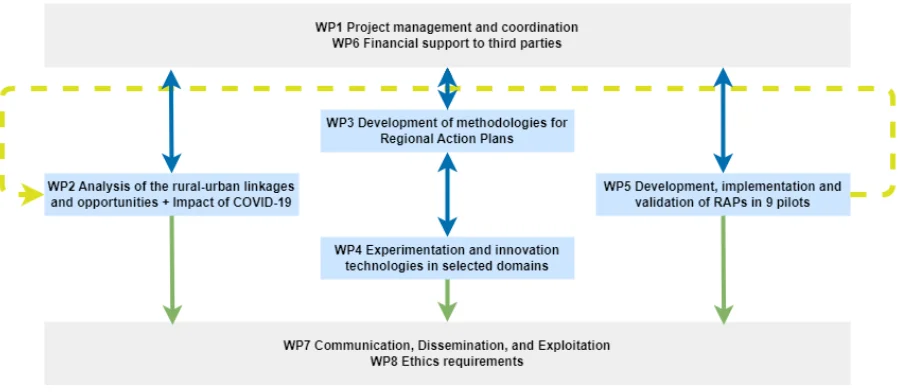
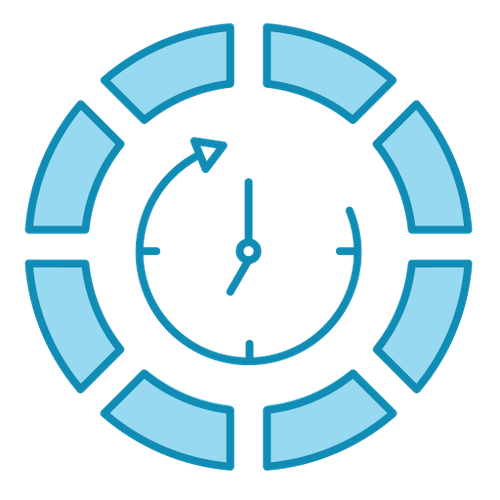
WP1 Project Management and Coordination and WP6 Financial Support to Third Parties serve as overarching activities that provide infrastructure services for the entire project. They interact with all work packages, ensuring effective coordination, resource allocation, and adherence to project timelines. WP1 ensures that each work package aligns with the project's objectives, and WP6 supports initiatives across different work packages by facilitating financial resources to third parties.
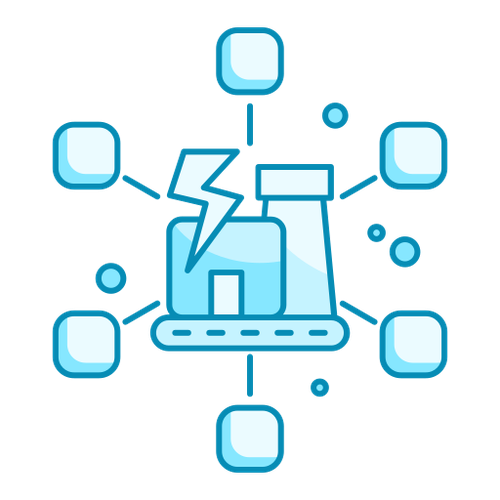
WP2 Analysis of Rural-Urban Linkages and Opportunities serves as the foundational phase of the project. It establishes the groundwork by forming the multi-actor community and conducting thorough research on rural-urban linkages. This research identifies strengths, weaknesses, opportunities, and challenges within these linkages, setting the stage for subsequent activities. The outcomes of WP2 help define the direction and objectives for the rest of the project (WPs 3,4 and 5).
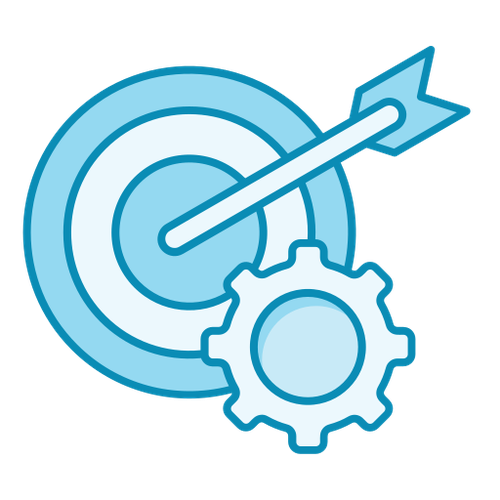
WP3 Development of Methodologies for Regional Action Plans builds upon the findings of WP2 and formulates structured methodologies for addressing identified challenges and opportunities. The methodologies provide guidance for regions to develop their Regional Action Plans (RAPs). Since implementing these RAPs may involve continuous analysis and monitoring, WP3 maintains an ongoing interface with WP4 Experimentation and Innovation to ensure alignment and synergy between methodological guidance and practical implementation.
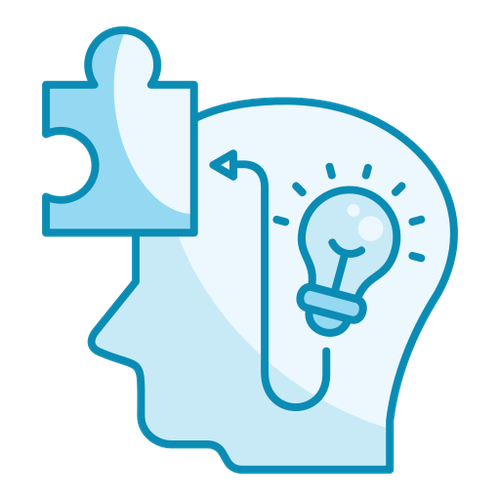
WP4 Experimentation and Innovation in Selected Domains translates the digital supporting tools developed in WPs 2 and 3 into practical implementation. It involves conducting experiments that harness system dynamics and artificial intelligence to support integrated rural-urban development. The insights gained from these experiments influence the refinement of methodologies, tools, and Regional Action Plans. WP4's outputs contribute to the iterative enhancement of the project's overall approach.
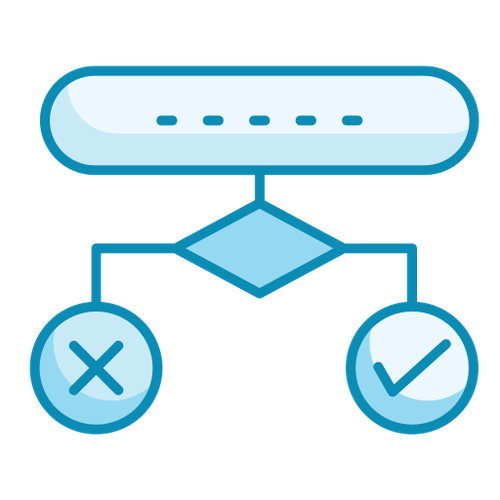
WP5 Implementation and Validation of Regional Action Plans marks the phase where project outcomes and tools are put into practical use by European regions. The results from this implementation are fed back into the continuous improvement cycle of the project, refining methodologies, tools, and strategies iteratively. WP5's dynamic interface with the rest of the work packages allows for capturing evolving requirements and adapting to changing conditions during project execution.

WP7 Communication, Dissemination, and Exploitation. The information generated by each work package is synthesised and communicated to relevant stakeholders through WP7. Feedback received from WP7 stakeholders informs the continuous improvement cycle of the project, guiding adjustments, enhancements, and adaptations in response to stakeholders' perspectives.
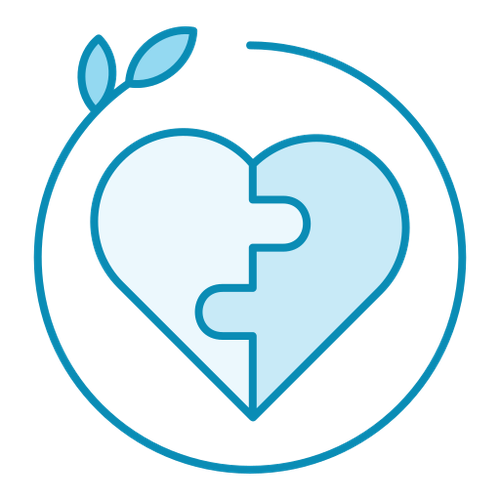
WP8 Ethics covers all the work packages and the external and independent ethics advisor for the whole project duration will be invited. The ethics advisor will possess a deep understanding of personal data protection in relation to GDPR, AI and deep learning principles, especially in the realm of model transparency and explainability. He will have expertise in data ethics, specifically regarding the qualitative representation of complex socio-environmental phenomena like urban-rural relationships. The advisor will be well-versed in stakeholder engagement, governance systems, institutional decision-making processes, and have experience in identifying and monitoring ethical concerns in third-party funded projects. This ensures he can provide comprehensive ethical guidance throughout the project's duration.